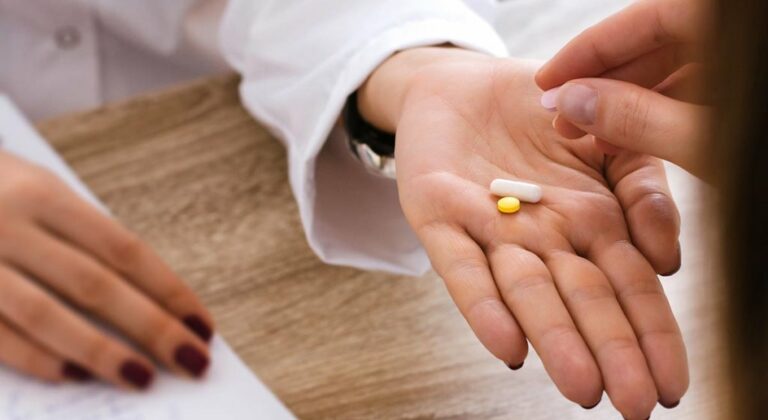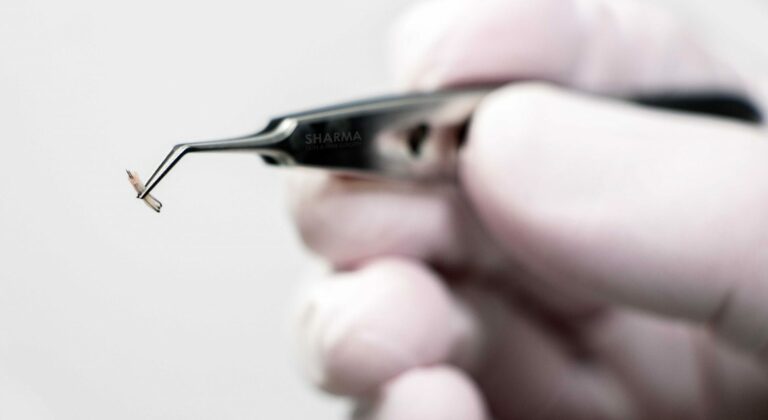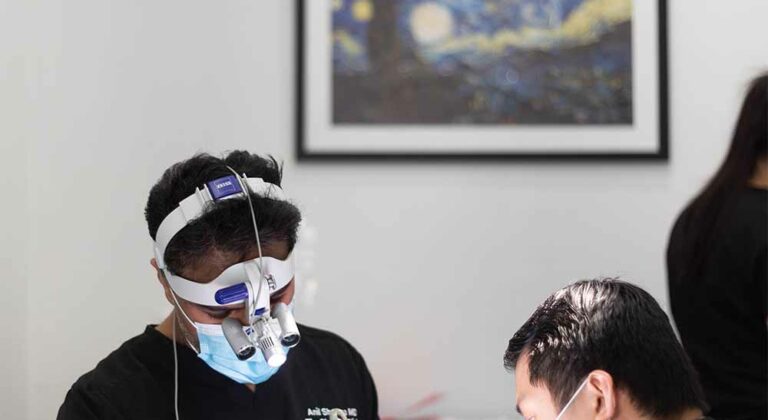We get it. After a hair transplant, it can be tempting to treat yourself to a drink. But, before raising that glass of wine or opening a cold beer, let’s talk about why it’s best to wait a while to aid your recovery.
The recovery phase of a hair transplant is as critical as the procedure itself. By following the recommended guidelines, you can significantly enhance the chances of successful hair growth and a smooth healing process. Alcohol can slow down the healing process, which is why it’s essential to avoid it temporarily. Here, we’ll discuss the impact of alcohol on healing and when it’s safe to resume drinking after a hair transplant.
Understanding the impact of alcohol on healing
Alcohol consumption can jeopardize the success rate of a hair transplant. By impairing blood circulation, increasing inflammation, and weakening the immune system, alcohol can prolong healing time, lead to complications, and even compromise the transplanted hair grafts.
Impaired wound healing
One of the primary reasons to abstain from alcohol before and after a hair transplant is its blood-thinning properties. Thinned blood increases the risk of excessive bleeding during surgery, which can complicate the procedure for your surgeon.
Post-surgery, continued bleeding can lead to increased scabbing, delayed healing, and potentially dislodge the delicate hair grafts. Additionally, alcohol consumption can compromise blood flow to the grafted areas, hindering their recovery by limiting the delivery of essential oxygen and nutrients to the transplanted grafts.
Increased risk of inflammation and infections
Alcohol consumption following a hair transplant can exacerbate swelling, a common side effect in the initial days of recovery. Dilated blood vessels caused by alcohol can worsen inflammation, leading to increased redness, irritation, and discomfort. This heightened inflammation can also hinder the proper settling of the transplanted grafts and compromise their survival rate.
Alcohol can also weaken the immune system, making it harder for the body to fight off potential bacterial infections.
Scalp dehydration
To ensure your hair grafts thrive, a well-hydrated scalp is essential. Alcohol, known for its dehydrating effects, can compromise your skin’s health and elasticity. Research has shown that patients who consume alcohol in the month following a hair transplant procedure experience a significant increase in hair loss, doubling the normal rate.
Interference with medication
Post-surgery, most patients are prescribed antibiotics, painkillers, or other medications to manage discomfort and prevent infection. Alcohol can interfere with these medications by either reducing their effectiveness or intensifying side effects, such as nausea, drowsiness, or dizziness.
When combined with alcohol, painkillers — especially sedative ones — can exacerbate negative side effects such as drowsiness, making everyday tasks unsafe.
Learn about hair transplant recoveryWhen is it safe to drink alcohol after a hair transplant?
While the exact timeline for resuming alcohol consumption may vary depending on individual circumstances, there are general recommendations to follow to support a smooth recovery.
To optimize the survival of new grafts and promote effective healing, it’s best to avoid alcohol for at least 5 days after a hair transplant. This gives your body time to recover from the procedure and reduces the risk of complications.
Factors that influence recovery timing
Some factors that might influence how long after a hair transplant you can safely drink alcohol include:
- Type of procedure: More invasive transplants may require extended recovery periods.
- Personal health: Patients with pre-existing health conditions, like hypertension, may need additional recovery time.
- Medication regimen: Painkillers and antibiotics are often prescribed after surgery, and drinking alcohol during this time can increase the risk of side effects.
Example recovery timeline
| First 5 days | Strictly avoid alcohol to allow the grafts to settle and promote healing. |
| Days 5-14 | Gradually resume light activities and, if your doctor clears you, introduce alcohol in moderation. |
| After 2 weeks | Most patients can safely consume alcohol in moderation, provided there are no ongoing complications. |
Always consult with your surgeon before reintroducing alcohol to ensure it aligns with your individual recovery progress.
Prioritize your recovery
A successful hair transplant requires diligent aftercare, and avoiding alcohol is a crucial part of this process. By staying alcohol-free for the first 5 days post-surgery, you’ll give your new grafts the best chance to thrive and minimize potential complications.
If you’re considering a hair transplant or want tailored aftercare advice, our experts here at Sharma Clinic are here to guide you every step of the way. Schedule a virtual consultation today and take the first step toward restoring your confidence with a natural, healthy head of hair.
BOOK NOW
Talk to a Hair Transplant Expert
Are you looking for the most effective treatment plan to reverse the effects of hair loss? Dr. Sharma has a long-lasting commitment to offering the best services in the industry. Not only is he experienced with hair loss treatment, but he is passionate about helping each patient receive excellent results.

Share this:
Medically reviewed by
Updated on
Have a question?
Find out how we can help you look feel your absolute best
Contact us 780-476-7970


